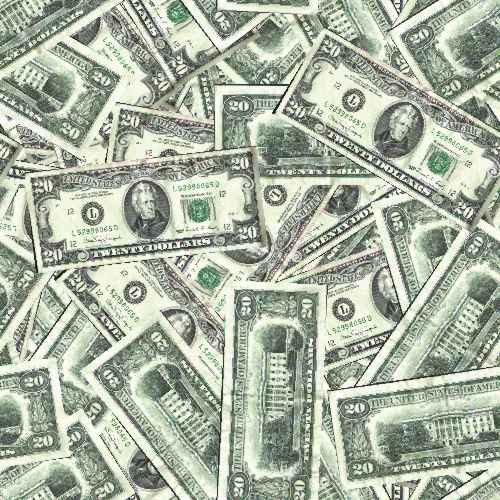
In an article entitled “Capitalism is Peaceful, Socialism is Force,” Dr. Hurd argued in favor of the capitalism side.
A socialist/liberal responded to the article as follows: ‘Both systems are fantasies! Capitalism ignores human nature and reality just as much as Communism.’
Dr. Hurd’s reply: Actually, neither system is a fantasy. The real-world consequences of either system are observable for all who live under them, and others who have credible sources about them.
This liberal is implying that ideology is wrong. It’s extreme, ‘too ideological,’ and therefore cannot be true. But this denies the fact that every policy and action of any individual—especially a government—is based upon some idea, ideal or set of principles. In spite of most liberals’ fondest desires, there’s no escaping ideas and principles. They’re implied in everything we do, whether we know or care about it or not. For example, if you hit someone who isn’t violent, it implies that you believe the initiation of physical force is valid. You might claim, ‘Oh, there’s no such thing as right and wrong.’ But you obviously think hitting is OK.
Liberals are plenty ideological. They have their ideas and they want their ideas imposed by force on the population. ObamaCare is nothing more than the latest case in point. There is no end to the ideology of liberals. They don’t really have a problem with ideology itself. It’s ideas, policies or principles in opposition to their way of thinking that they oppose with a hostility you’ll rarely find anywhere else.
The reader who wrote this comment might actually believe that there’s no such thing as ideology. But that in itself an idea. And at the end of the day, you’re going to live under some form of government. All of these approaches to government are based on ideas, or some combination of ideas. You cannot escape ideas, even if you claim not to have any.
A comment about the word ‘system.’ Capitalism is not a ‘system’ in the sense that socialism, Communism or fascism are centrally organized systems. Capitalism is a state of existence where government protects the right of individuals to be free from force, but otherwise leaves people alone. Capitalism is not an advocacy of business per se, nor does it imply the advocacy of any particular economic policy. In fact, capitalism means the outlawing of all economic policies developed and imposed by the government.
In today’s mixed, increasingly socialist/fascist American economy, many people assume we have capitalism. They look at various policies coming from the government—currency manipulation, tax manipulation, targeted tax cuts, targeted subsidies, economic ‘stimulus’ packages of both conservative and liberal administrations—and they assume this is capitalism. This is not capitalism. It’s a mixed economy with elements of capitalism, but by no stretch has the American economy remotely resembled capitalism at least since the turn of the twentieth century.
It’s noteworthy to observe that before the advent of Big Government (during the Progressive era of Teddy Roosevelt and Woodrow Wilson), economic growth in the United States was the norm, not the exception. Only after the advancement of Big Government did depressions, recessions and boom-bust cycles become the norm. For the last five years or more, the American economy has been nothing but one big bust, despite the explosive growth of government to the biggest level ever.
Capitalism is an ideology, but it’s not an economic system in the usual sense of the term. It’s an ideology based on the preservation of individual rights in both the economic and the political sphere. As Ayn Rand once put it, unhampered capitalism is the separation of economics and state—in the same way, and for the same reasons, as the separation of church and state.
Look at American society, or any Western democracy today, and ask yourself if that’s anything at all like what we have.
